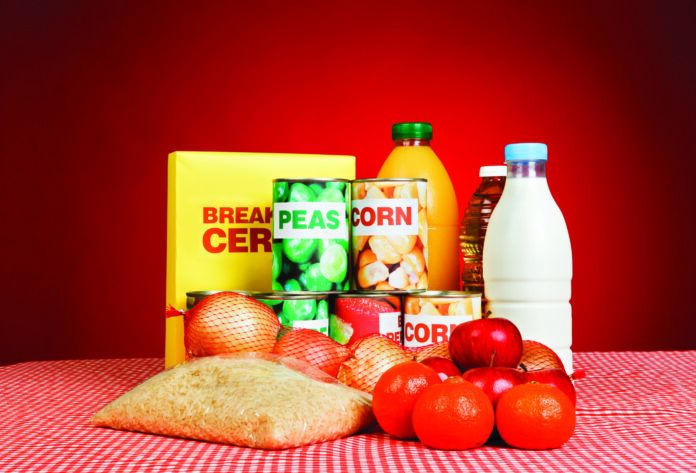Q: I am trying to avoid processed foods. Are all packaged foods considered processed?
Alice H. Lichtenstein, DSc, distinguished professor at Tufts University and editor-in-chief of this newsletter, answers: “All packaged foods are processed to some extent—but that doesn’t mean they are all necessarily unhealthy choices. Milk, for example, is pasteurized to kill harmful bacteria and fortified with vitamin D to prevent rickets—both real health hazards that have been essentially eliminated through these processes.
“It helps to differentiate between processed and ultraprocessed food. Processing is defined as anything that changes the fundamental nature of an agricultural product. This includes heating, freezing, juicing, and even cutting. Therefore, packaged raw baby carrots (which are cut from larger carrots) frozen whole peas, and canned tuna are classified as processed foods. Minimally processed foods like these, with no or few added ingredients, are healthy choices.
“Although there is no hard and fast definition of ultraprocessed foods, they come under the category of foods that contain ingredients like stabilizers, flavors, flavor enhancers, colors, preservatives, and added sugars. Many protein bars, ready-to-eat meals, sweetened breakfast cereals, instant soups, plant-based meat alternatives, and snack foods are created mostly from substances extracted from whole foods or formulated in a lab and have little, if any, intact food structure. These items usually last for months when properly stored. Dietary patterns high in ultraprocessed foods have been associated with negative health outcomes. In part, this may be due to what is in ultraprocessed foods and in part to what people are not eating if they’re eating a lot of ultraprocessed foods.
“There is no need to eliminate all processed foods from your diet, but ultraprocessed foods should be limited as much as possible.”
























